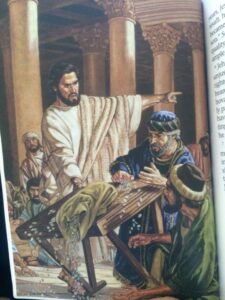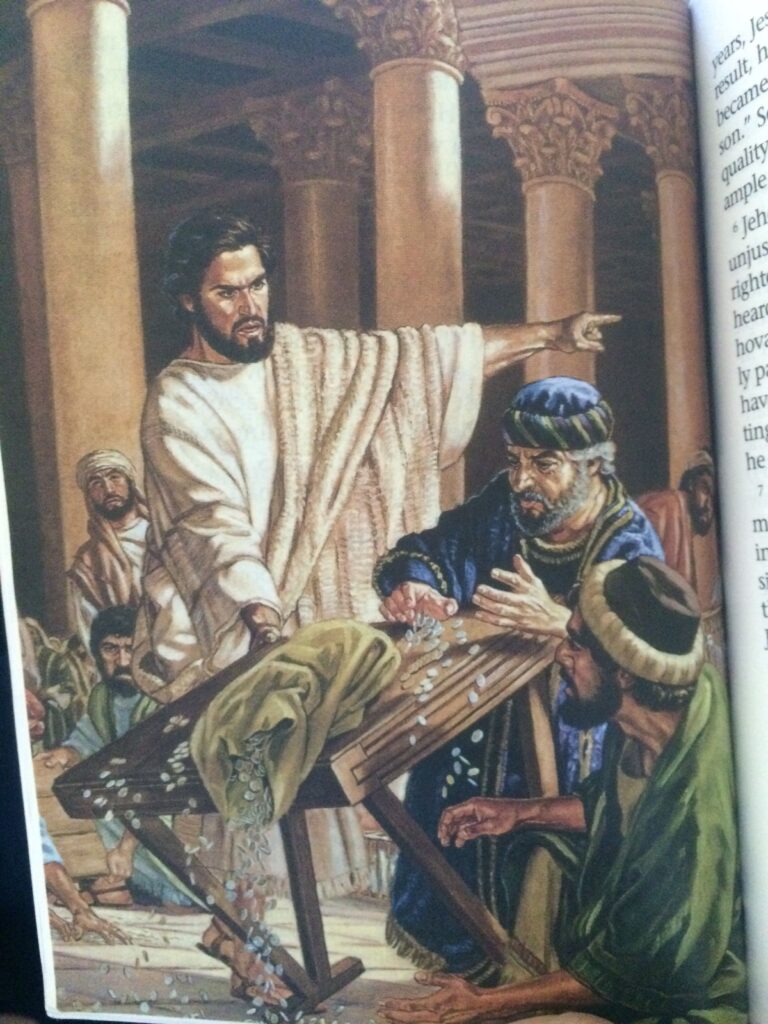A close friend of ours is an enthusiastic fan of collegiate basketball. Thus, she gets a little absorbed at this time of year in the phenomenon known as March Madness. Her now-deceased husband coached junior high and freshman basketball and they, as a couple, developed a keen love of the sport and enjoyed teaching kids the fundamentals on which to build a future, both on the court and off. His position required countless scouting trips and they were known to have watched as many as 200 games in different cities during any given year.

Our friend grew up in Wisconsin and has a condo there. She has spent summers there for a number of years and goes back south in the winter. Last year she flew up in March to share some exciting B-ball with her sister, also an avid fan. But guess what? COVID came calling, the tournament was canceled, and she ended up staying in Wisconsin until just before Christmas. She’s staying with her son’s family at present and gearing up to watch non-stop games for the duration of this year’s NCAA tournament. It still won’t be the same as those days she spent sharing the fun with her sister, but at least the games will be played.
I’m sure there are many fans among you who will also be watching and offering your unsolicited opinions regarding players, coaches, and referees and I hope you all have a great time.
This was a time when there may have been a little March Madness going on in Jesus’ day. I seem to recall a visit he made to the temple and upon finding it overtaken by opportunists, he unleashed a display of uncharacteristic anger toward the men we refer to as money changers. Why were they there and why did He become so angry?
Jesus went into the temple complex and drove out all those buying and selling in the temple.
He overturned the money changers’ tables and the chairs of those selling doves. Matthew 21:12

It had already been a busy week. Jesus and his disciples had enjoyed a hearty meal in Bethany and been met by throngs of followers, cheering and laying palms at his feet upon his entry to Jerusalem. After a time of rest, he made his way to the temple complex where huge crowds of Jews were gathering to celebrate Passover. As was the custom in those days before Jesus’ death laid the groundwork for direct communication with God, worshipers sacrificed animals as a release from their sin. People had traveled to Jerusalem from many neighboring nations and needed to purchase animals to offer in sacrifice. Thus, the city streets and temple complex teemed with merchants seeking to make their living selling those animals and anxious travelers ready to buy them. Those from foreign countries also needed the proper currency with which to shop so they turned to the money changers, much as we would seek proper currency through customs officials when entering a foreign country.
Keep in mind that all of this is happening in God’s house and on the grounds surrounding it. All were guilty; the buyers who created a demand for sacrificial animals, the sellers who provided them, and the currency specialists who made the transactions possible.
They had turned the temple from a house of prayer into a noisy, money-grubbing circus.
(Faces Around the Cross, Ray Pritchard)
Jesus was incensed and had to do something to eliminate the “madness”. His violent reaction goes completely against his gentle character and yet, sometimes it is necessary to clean house. He did what he had to do. His anger drove the evil-doers away and as quickly as it had begun, the temple became a place of prayer and learning once again. Jesus’ anger subsided and he immediately began to teach those left behind.

And He was teaching them and saying to them, “Is it not written, ‘My house shall be called a house of prayer for all the nations’? But you
have made it a den of robbers.” Mark 11:17
We all need to do a little house cleaning from time to time. That might require a certain amount of righteous anger or tough love, emotions we try to avoid. Sometimes they are needed, but the key is to offer guidance with love. Jesus did just that. When discipline was required, he was right on top of it. But he always followed it with loving kindness and a fruit-filled teaching opportunity, even as far as the lesson of the cross.
A plaque at the Holocaust Museum in Washington, D.C. contains this quote from Yehuda Bauer:
“Thou shalt not be a victim, thou shalt not be a perpetrator, but, above all, thou shalt not be a bystander.”
Good words to ponder as we journey with Jesus to the cross. Are we bystanders as life passes by? Or will we care enough in Jesus’ name to get involved? (Faces Around the Cross, Ray Pritchard)


